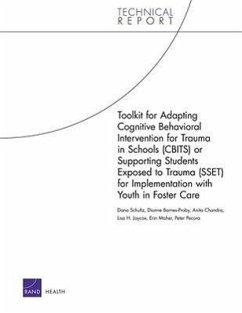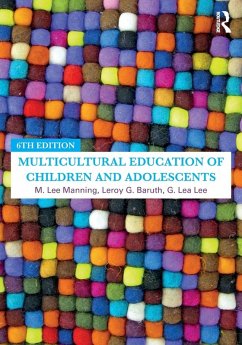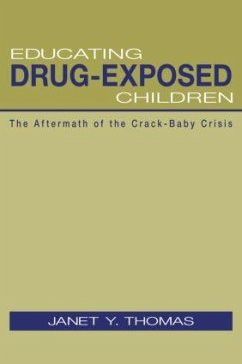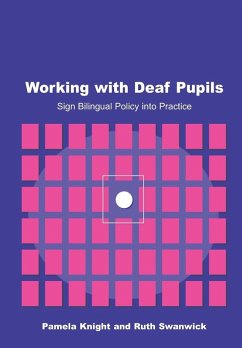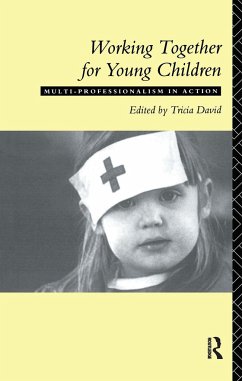
Working with Trauma-Exposed Children and Adolescents
Evidence-Based and Age-Appropriate Practices
Herausgeber: Pozzulo, Joanna; Bennell, Craig
Versandkostenfrei!
Versandfertig in 1-2 Wochen
58,99 €
inkl. MwSt.

PAYBACK Punkte
29 °P sammeln!
Far too often, children and youth experience trauma, from rare events such as mass shootings, terrorism attacks, and school lockdowns, to very common occurrences such as bullying, exposure to drugs and alcohol, or various mental health issues. They can experience these events both directly and indirectly (from surfing the internet, watching television, or through their friends). Our children spend a large portion of their day at school interacting with other students, teachers, and school personnel, where these topics are raised and discussed. This edited volume addresses how our teachers and ...
Far too often, children and youth experience trauma, from rare events such as mass shootings, terrorism attacks, and school lockdowns, to very common occurrences such as bullying, exposure to drugs and alcohol, or various mental health issues. They can experience these events both directly and indirectly (from surfing the internet, watching television, or through their friends). Our children spend a large portion of their day at school interacting with other students, teachers, and school personnel, where these topics are raised and discussed. This edited volume addresses how our teachers and school personnel can help students deal with these potentially traumatic events to reach the most positive possible outcomes. This collection brings together leading experts, including academics and professionals working in the field, to provide the most current evidence-based practices on how to help students who may have experienced or witnessed trauma. It presents research and advice on how to respond to traumatic events regarding bullying; drugs and alcohol; sexual abuse; mental health; lesbian, gay, bisexual, transgender, and queer (LGBTQ) safety; stranger danger; childhood disruptive behaviors; school shootings and lockdowns; and terrorism. It also includes a chapter focused on how to implement a school safety program. Schools cannot deal with these issues alone; effective strategies must engage family members and the broader community. Hence, the collection includes a chapter on how schools can partner with families and the communities they reside in to bring about positive change. All this work pays close attention to cultural and religious sensitivity, socio-economic variabilities, diversity issues, and developmental stages.





